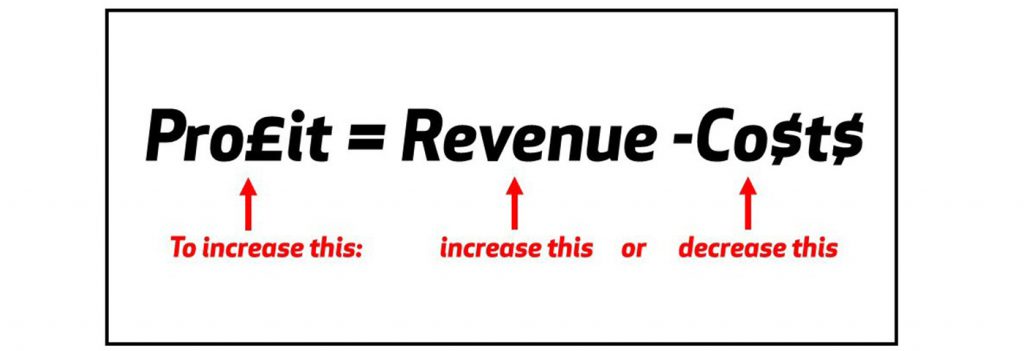I often mention that travel is an information product. When it is purchased it is no more than information on a computer hard drive. It doesn’t physically exist. Not only that, but the attractiveness of the product changes with time. A hotel room in Sydney with a view of the New Year’s Eve fireworks is far more attractive than the same hotel room in August (in the middle of Winter). A flight from Amsterdam to London is far more attractive on a Friday night when you want to get home for the weekend than on a Saturday. This change in attractiveness with respect to time means that a Friday flight on easyJet costs nearly double the same flight on a Saturday.
These changes in demand are well understood by the travel industry. The discipline of revenue management aims to capitalise on changing demand by flexing prices accordingly. Forecasting demand against your supply of hotel rooms or flight seats is an exercise in data manipulation, the objective being to maximise revenue for a limited supply of inventory by adjusting price.
So, a couple of weeks ago I was in Amsterdam, chairing EyeforTravel’s Smart Travel Data Summit. At the Summit, there were, of course, a good number of revenue management executives in attendance. I raised a topic that I have seen presented before with respect to hotel rooms: total revenue management. This is where the aim is to, not just maximise room revenue, but also take into account food and beverage revenues, revenue accruing to the hiring of conference rooms and banqueting halls and so on. So the discipline of total revenue management might suggest that lowering the room rates may attract more guests who will spend money in the restaurant and at the bar, thereby increasing total revenue.
It then occurred to me that, even though so many at the conference were revenue managers, this is not what business is about. The objective of any commercial concern should be to maximise profit, not revenue. To my thinking, what a business really needs is profit managers, not revenue managers, so I speculated to the audience that why don’t we start thinking about total profit management? Well, I was very surprised that when I introduced the next speaker, his presentation was actually on the concept of total profit management.
This was Nicolas Alsterdal, Director European Revenue Management from Choice Hotels International. He gave a fascinating presentation on what he considers to be the five steps towards achieving a total profit maximising organisation. In case you are wondering, these are the Directions, the Competencies, the Partnerships, the Indicators and the Leadership. I am afraid this doesn’t make much sense without hearing the detail with which he described each step.
Leadership was the last step. I had speculated before his presentation that perhaps organisations need a Chief Profit Officer and, at the core of Nicolas’ final slide, was a CPO.
Now, I have never met a CPO but Nicolas’ last job at Nordic Choice Hotels was Total Profit Manager, which seems to be very close.
I need to consider whether a CPO is really just another name for a CFO or CEO or whether it would truly be a new C-level position, a super-revenue manager concerned with harnessing data to minimise costs and maximise revenues. Does the role of Chief Profit Officer have a future? What do you think?
